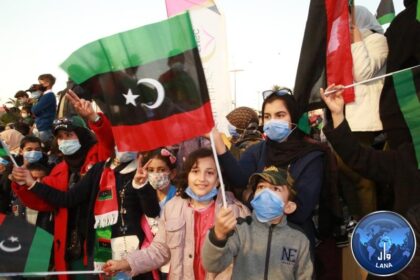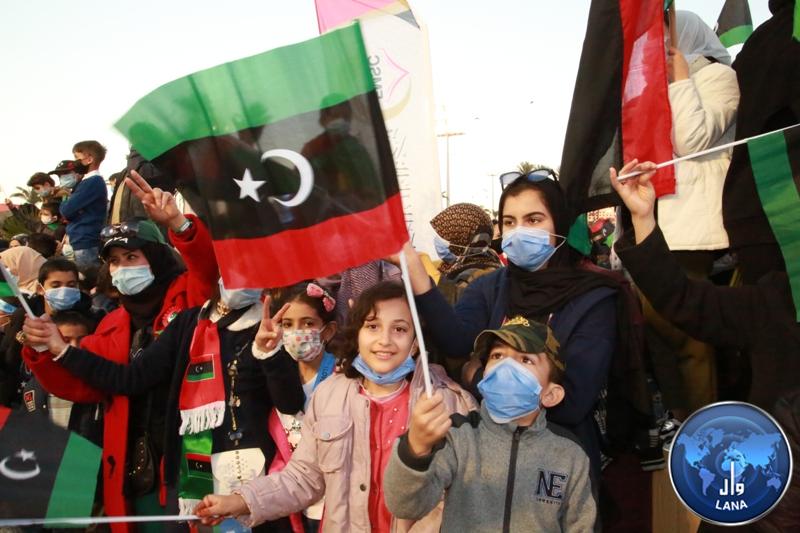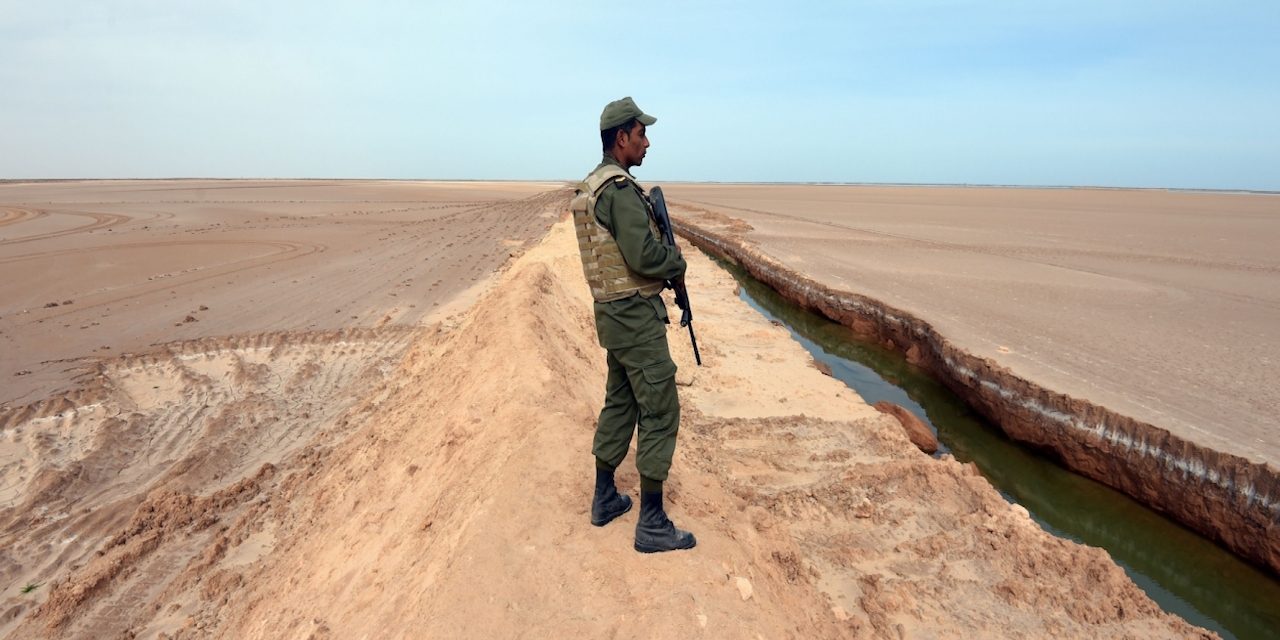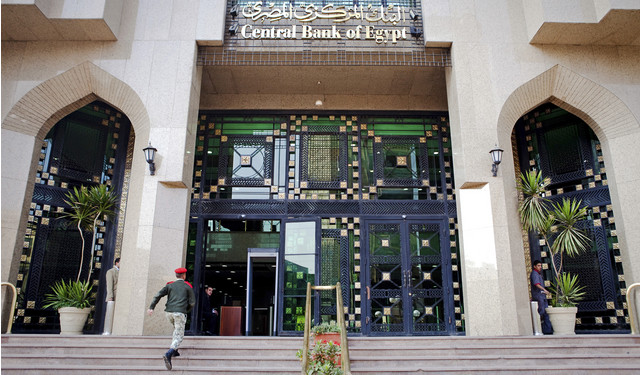 Libyan Prime Minister Abdel Hamid Dbeibah, appointed on February 5 by the Libyan Dialogue Forum to lead a new transition period, announced that he would appoint members of his government before the expiration of the 21-day deadline period.
Libyan Prime Minister Abdel Hamid Dbeibah, appointed on February 5 by the Libyan Dialogue Forum to lead a new transition period, announced that he would appoint members of his government before the expiration of the 21-day deadline period.
According to the Prime Minister’s press office, this government of specialists “will represent all Libyans”. However, the location of the upcoming inauguration of the government is creating controversy in Parliament. The person to chair the session is also problematic, further weakening a deeply divided institution.
Like the divided Parliament, two preparatory meetings to endorse the next government were held on Monday, February 15, in two separate locations: in Tobruk, the official seat of Parliament, and in Sabrata, for the first time.
After their split in 2019, it is in Tripoli that the deputies from the Libyan West used to meet, but Sabrata was chosen this time to guarantee the security of several deputies from the East.
The objective is to change the rules of procedure of the Chamber of Deputies in order to be able to appoint a new president. 70 parliamentarians were present on Monday, February 15. They hope to obtain a quorum of 90 votes, which is necessary to vote for these changes. A new session took place on Tuesday, February 16.
According to the new regional balances, the Parliament speaker must come from the South, explains Mohamad Raief, Member of Parliament for Misrata, because currently the head of government represents the West and the head of the Presidential Council represents the East.
Aguila Saleh also organized, on Monday, February 15, a parliamentary meeting in Tobruk in eastern Libya.
The Parliament speaker reiterated his position, calling on all state institutions to move to Sirte during the transition period, as he proposed in his peace initiative.
According to his spokesperson, the next meeting will be held in Sirte on 23-24 February to approve the Government of National Unity (GNU). All deputies are invited to the meeting and are called to put the nation first by attending the Sirte session on the agreed date.
Reports say some members from the south of Libya chose not to attend in protest at not being given the chairmanship of the HoR, as part of the regional division of posts. This is based on the fact that the newly selected head of the Presidency Council, Mohamed Menfi, is from the east. They feel that the head of the HoR, currently Ageela Saleh, should not also be from the east.
The proposed session of Feb. 23-24 will be held in Sirte after communicating with the 5+5 Joint Military Commission which must confirm within 24 hours if the meeting can go ahead in the city. If this is not possible, the meeting will be held in Sabratha.
The Sabrata HoR meeting decided to invite the heads of the Tripoli and Tobruk HoRs to attend the session, and in the event that they are absent, the session will be chaired by the oldest members, with a pledge to abide by the agreed agenda.
The agenda of the scheduled meeting includes the re-election of the HoR head from a member from the South, according to the Cairo Declaration; the adoption of the outcomes of the Libyan Political Dialogue Forum (LPDF) held in Geneva;
and the discussion of mechanisms for giving confidence to the Government of National Unity (GNU).
The agenda also includes approving amendments to the internal regulations.



